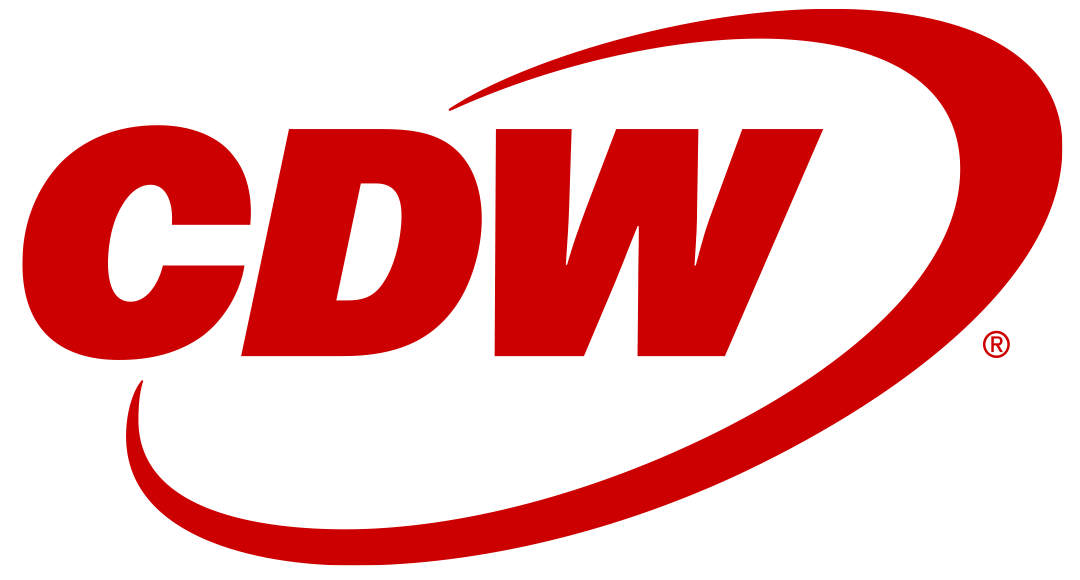DevOps isn’t new. In fact, the mash of developers to Ops to create a fresh, new strategicpriority is, in itself, best practice. However, the two disciplines of Developer and IT Ops demand different approaches and methodologies to ensure they work together harmoniously.Their requirements, their workflows, their efficiencies and their toolkits differ, as do their approaches and frameworks. These can clash, and this clash can limit the efficacy of a DevOps team significantly. Which is why it’s important to provide these two disparate teams with the tools and systems they need to operate in a state of, dare it be said, happiness.
Which begs the question—what keeps IT Ops awake at night? And how can Dev ease the pressure and provide the kind of support that delivers improved IT Ops efficiencies, transforms collaboration, and refines team direction?
Tick the right IT Ops boxes.
I T Ops teams want cross-functional collaboration to ensure that the teams operate in a transparent environment that minimises the risk of silos and poor compliance. They need an environment that supports their role—the intrinsic role of ensuring that the software is deployed and managed at scale, at speed, with zero downtime and the right governance. An environment that provides them with the tools they need to ensure compliance and security so they can deliver at the pace that both developers and the business demand.
T Ops teams want cross-functional collaboration to ensure that the teams operate in a transparent environment that minimises the risk of silos and poor compliance. They need an environment that supports their role—the intrinsic role of ensuring that the software is deployed and managed at scale, at speed, with zero downtime and the right governance. An environment that provides them with the tools they need to ensure compliance and security so they can deliver at the pace that both developers and the business demand.
The IT Ops team also wants to work within a single management framework that allows them to streamline and optimise functionality and deliverables while ensuring optimal security. The latter is a real issue, and often Ops is blamed for the delays injected by Security as it pins the software to the microscope and unpicks the problems that neither Dev nor Ops foresaw. In fact, this is one of the reasons why DevSecOps has become increasingly popular as it pulls all three threads into one unit for faster and more secure delivery.
Budgets and limited skills are also a challenge for IT Ops. To innovate and adopt innovative technologies to support business objectives, IT Ops sometimes need larger budgets, but in reality, they are shrinking, making it harder for IT Ops to deliver the true value needed. In addition, like most other specialised skills within the industry, good IT Ops professionals are hard to find, and harder to retain. These teams are up against the edge when it comes to skills management and resource allocation and need more budgets and support to help them achieve their targets. They also want the opportunity to upskill and run strategic transformation projects so they can enhance their capabilities and potential.
Finally, IT operations teams are constantly juggling the challenge of standardisation versus the constant demands for agility, innovation and user experiences. Sometimes it is just one or the other, but IT Ops is held accountable.
It’s easy for developers to lose sight of the challenges that impact IT Ops teams, especially as deadlines crunch and pressures mount. But, with a little visibility into the complexities faced by those on the IT Ops side of the equation, both teams can overcome the traditional hurdles that influence their productivity and move into a far more efficient and streamlined DevOps environment.
Discover how building bridges between Dev and IT Ops will improve the business potential DevOps unlocks. Read the next blog in our series >
